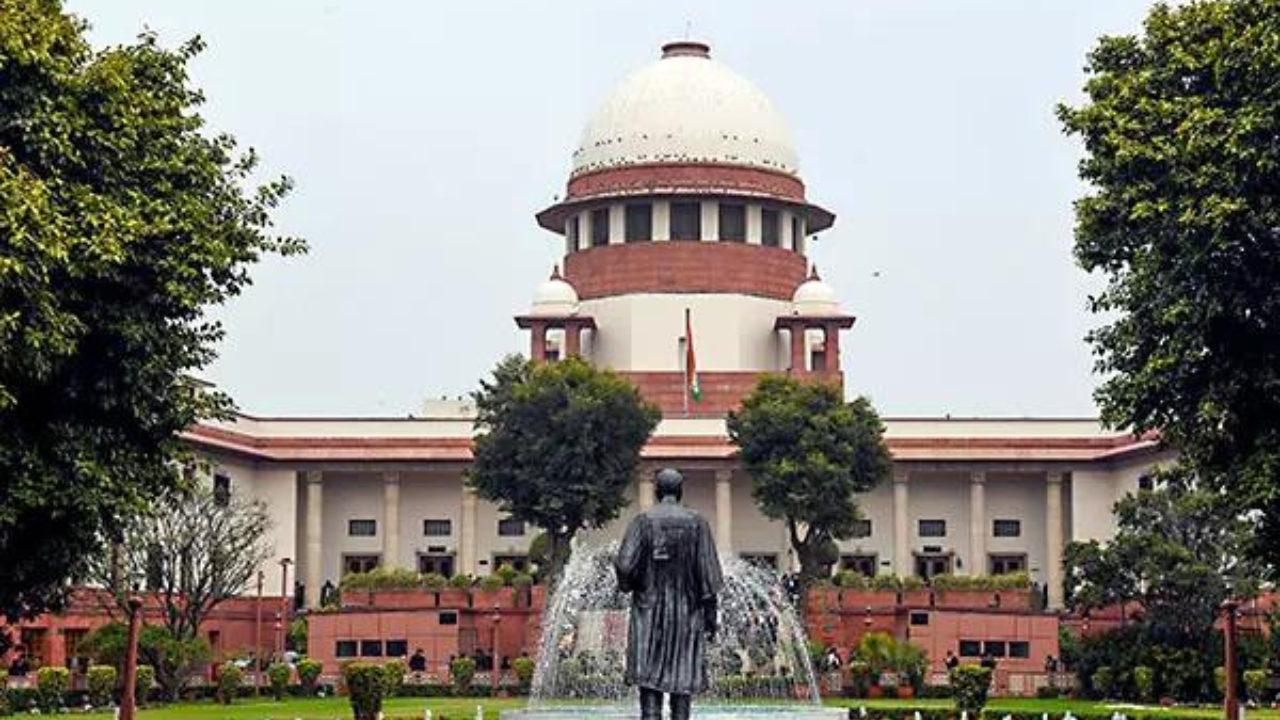Indian Army Grants Permanent Commission to Woman Officer After Court Intervention: A Landmark Victory for Gender Equality
In a groundbreaking decision that has sent ripples through the Indian Army, the Supreme Court has granted a permanent commission to a woman officer who was unjustly denied the same opportunity as her male counterparts. This landmark victory highlights the ongoing struggle for gender equality within the armed forces and serves as a testament to the power of legal recourse in achieving justice. Prepare to be inspired by this incredible story of perseverance and triumph!
The Case of the Denied Commission: Unfair Practices Exposed
The officer, a Lieutenant Colonel in the Army Dental Corps, faced discrimination after a policy amendment in 2013 that raised the age limit and required a Master's degree in Dental Surgery for permanent commission eligibility. This amendment effectively blocked her from a third attempt at the departmental examination, an attempt she was otherwise entitled to. Adding insult to injury, the benefits of a 2014 AFT judgment were selectively granted to those who had filed the case, blatantly disregarding those similarly situated who, due to various circumstances, had not taken the same legal path. The Supreme Court's ruling in this matter powerfully underscores the importance of equal opportunities and nondiscriminatory treatment within the military.
Pregnancy and the Denial of Justice: A Mother's Fight
Adding another layer to this compelling narrative, the officer was pregnant at the time of the original litigation, preventing her from actively participating. This underscores how personal circumstances can unfortunately collide with bureaucratic procedures and policies resulting in unintentional injustices. Her successful legal battle proves that motherhood doesn't diminish or disqualify someone's qualifications and that equitable treatment remains fundamental irrespective of marital or family status.
Supreme Court Intervention: A Triumph for Fairness and Equality
The Supreme Court rightfully intervened by invoking Article 142 of the Constitution, asserting that the principle of "what is sauce for the goose is sauce for the gander" must always be observed. It emphatically condemned the authorities' discriminatory actions, declaring it grossly unfair that the Lieutenant Colonel was unfairly excluded from receiving the permanent commission while others in comparable circumstances were not. The Court did not let the technicalities of procedure outweigh the fundamental need to provide equitable and non-discriminatory opportunities to all qualified military personnel, and the resulting victory showcases this.
Retroactive Commission and Consequential Benefits: A Comprehensive Victory
The ruling extends beyond simply granting the permanent commission; it mandates that the commission be applied retroactively from the date her peers benefited from the 2014 AFT judgment. This is monumental because this decision also secures consequential benefits encompassing seniority, promotions, and salary arrears, ensuring a thorough redressal of past inequities and addressing the severe financial repercussions of years-long delay.
Setting a Precedent: Impact of the Landmark Decision
The court's order, while granting justice to one woman, has significant ramifications across the Indian armed forces. The judgment challenges the prevalent bureaucratic systems and deeply ingrained notions about gender equity within the military establishment and provides a forceful precedent for the future, ensuring that the "what is sauce for the goose is sauce for the gander" adage rings loudly and clearly throughout the Indian military structure.
The Fight for Equal Opportunity: An Ongoing Battle
The path to complete gender equality within the Indian Army isn't yet paved; however, this milestone decision constitutes a transformative stride toward justice. The woman officer’s case illustrates the persistent systemic challenges faced by many women in pursuit of fair treatment, yet also shows the resolute spirit needed to overcome such systemic biases and policies. This case encourages the promotion of gender equality within various institutions, including military operations, as well as the continuous scrutiny of existing laws, practices and regulations to improve equality.
Take Away Points
- The Supreme Court's decision serves as a significant landmark in the pursuit of gender equality within the Indian Army.
- The case highlights the systemic injustices faced by women officers in military settings, and exposes loopholes and biases which hinder equal opportunities.
- The Court's invocation of Article 142 reaffirms its commitment to upholding fundamental principles of fairness and justice.
- This case underlines the critical role of judiciary oversight in addressing discrimination, paving a path for future equitable advancements within the Indian Army and military bodies.
- Retroactive implementation of benefits sets a standard of comprehensive justice, ensuring full compensation for past discriminatory treatment.




